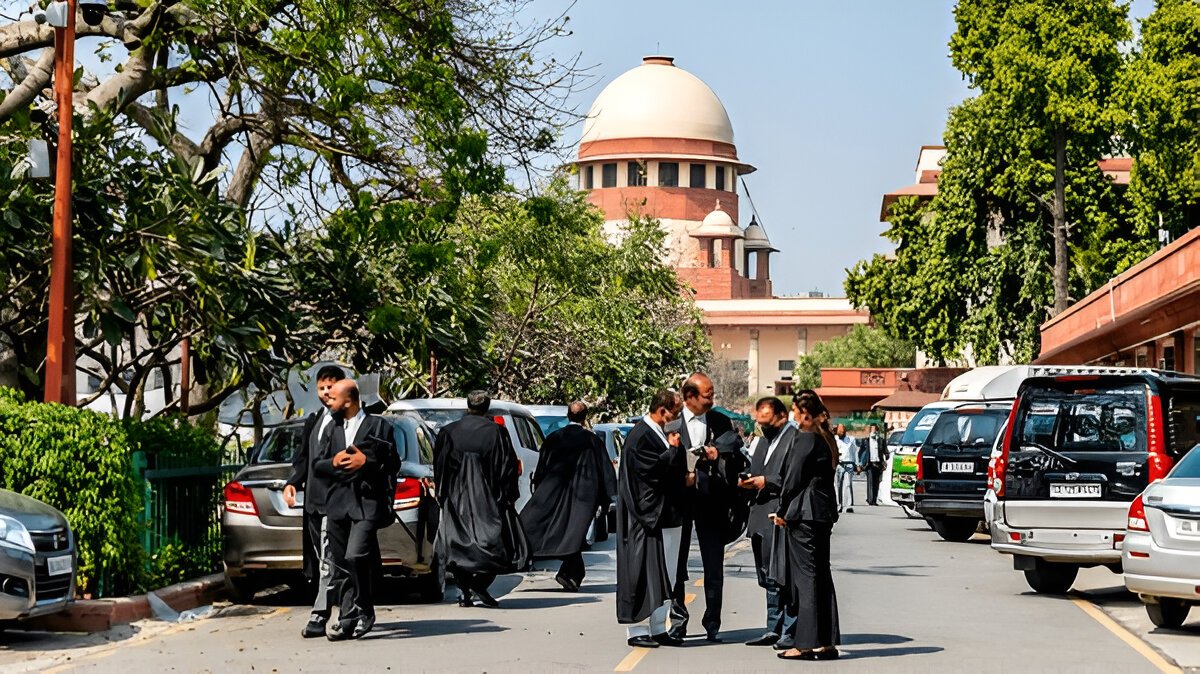A Bench Comprising Justice Abhay S Oka and Justice Ujjal Bhuyan
Introduction
The Supreme Court has ruled that a preliminary inquiry must be conducted before registering an FIR in cases involving speech, writing, or artistic expression if the alleged offence carries a punishment between three to seven years. This decision aims to prevent frivolous and unjustified FIRs that could infringe upon the fundamental right to freedom of speech and expression under Article 19(1)(a) of the Indian Constitution.
The Court referred to Section 173(3) of the Bharatiya Nagarik Suraksha Sanhita (BNSS), which allows for a preliminary inquiry within 14 days with the prior approval of a Deputy Superintendent of Police (DSP).
Facts of the Case
The case arose from FIR filed by the Gujarat Police against Congress MP Imran Pratapgarhi over an Instagram post featuring a video clip with the poem "Ae khoon ke pyase baat suno" in the background. The police alleged that the post violated provisions of the Bharatiya Nyaya Sanhita (BNS), particularly Section 196, which deals with promoting enmity between communities.
Issues
- Whether a preliminary inquiry is necessary before filing FIR in cases involving speech and expression under the BNSS?
- Whether the FIR against Imran Pratapgarhi was legally justified?
- Whether Section 173(3) of the BNSS differ from Section 154 of the CrPC?
Contentions of the Petitioner
The FIR was politically motivated and aimed at suppressing his freedom of speech. His post did not incite violence or promote enmity under Section 196 of the BNS. The police failed to conduct a preliminary inquiry before registering the FIR, violating Section 173(3) of the BNSS. The poem used in the video was artistic expression, not an act of promoting hatred.
Contentions of the Respondent
The Instagram post had the potential to create communal disharmony, making it a cognizable offence under Section 196 of the BNS. The police had the authority to register FIR without a preliminary inquiry, as per general provisions governing cognizable offences. Public figures have a greater responsibility, and their words can have serious social repercussions.
Court’s Analysis and Observations
- Preliminary Inquiry is Mandatory for Offences Punishable Between 3-7 Years
- The Court held that Section 173(3) of the BNSS introduces a major change from Section 154 of the CrPC by allowing for a preliminary inquiry before registering FIR.
- This provision is intended to prevent frivolous FIRs, especially in cases involving speech and expression.
- Police Must Consider the Context and Impact of Words
- The Court emphasized that before registering FIR under Section 196 of the BNS, police must evaluate the actual effect of the speech or expression.
- The mere existence of written or spoken words is not enough; the police must assess whether the content truly incites hatred or violence.
- No Prima Facie Case Against Imran Pratapgarhi
- The Court found that the offences alleged were not made out even without applying Section 173(3) of the BNSS.
- The poem in the video was not inflammatory and did not creates communal tension.
- The FIR was quashed as it violated free speech protections under Article 19(1)(a).
Conclusion
The Supreme Court’s ruling sets a significant precedent for protecting freedom of speech and expression from arbitrary criminal prosecution. By mandating a preliminary inquiry, the Court ensures that legal safeguards are in place to prevent misuse of the criminal justice system.
This judgment stated that mere allegations of offensive speech do not automatically warrant FIR. Instead, the police must conduct an inquiry to establish a prima facie case, ensuring that fundamental rights are not violated.

